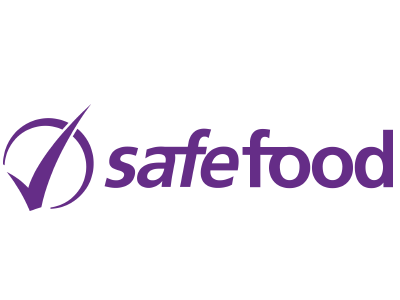Veganuary: Eating A Balanced Diet
Healthy DietPeople choose to follow a vegetarian diet for a variety of reasons – animal welfare, health concerns, religious beliefs and concern about the environment. Others choose to include tasty vegetarian meals in their diet while still following a non-vegetarian diet. If you follow a vegetarian diet exclusively it’s important to plan your meals carefully to ensure you are getting all the nutrients your body needs.
Types of vegetarian diet
There are different types of vegetarian diet, and the degree to which they exclude animal based products varies. As vegetarian diets become more restrictive it becomes increasingly difficult to eat enough of some essential nutrients. You should keep this in mind when choosing a vegetarian diet.
Type of vegetarian diet | Dairy | Eggs | Meat | Fish | Poultry |
Vegetarian | Yes | Yes | No | No | No |
Lacto | Yes | No | No | No | No |
Ovo | No | Yes | No | No | No |
Vegan | No | No | No | No | No |
Balanced diet
A balanced diet is always important no matter what type of vegetarian diet you are following. The national healthy eating recommendations still apply to you. This includes:
- At least five portions of a variety of fruit and vegetables
- Starchy foods such as bread, cereals, potatoes - choose wholegrain and fortified cereal products where possible
- Moderate amounts of alternatives to meat and fish, such as tofu, soya, textured protein, beans or eggs.
- Some dairy products or alternatives, such as fortified soya milk and yoghurts. Choose low fat varieties
- Limit foods that are high in fat, sugar and salt, such as chocolate, biscuits and crisps. These foods are low in nutrients and high in calories
Essential nutrients
If you remove animal products from your diet, you run the risk of not getting enough of some specific nutrients. Your body cannot absorb some nutrients from vegetarian sources as easily as it can from meat or fish. So you need to think about including suitable sources of these nutrients in your diet. The table below will help you find alternatives.
Alternative sources of essential nutrients | |
Protein | Additional information |
Dairy products Eggs Beans Lentils Chickpeas Tofu Quorn Soya products Nuts | Two servings per day One serving is:
|
Iron |
|
Pulses Eggs Wholemeal bread and flour Breakfast cereals fortified with iron Dark green, leafy vegetables, such as watercress, broccoli and spring greens Nuts Dried fruits, such as apricots, prunes and figs | To help you absorb iron, eat some vitamin-C rich foods at the same time, such as citrus fruits, strawberries, tomatoes, broccoli or orange juice. Iron from plant-based food is not as easily absorbed by the body as iron from meat. |
Vitamin B12 |
|
Dairy products Eggs Breakfast cereals fortified with B12 Unsweetened soya drinks fortified with vitamin B12 Yeast extract, such as Marmite, which is fortified with vitamin B12 | Most sources of vitamin B12 are of animal origin so it can be difficult, particularly for vegans to consume adequate quantities. You may wish to consider discussing a supplement with your GP or Dietitian. It's only found naturally in foods from animal sources. Sources for vegans are therefore limited and a vitamin B12 supplement may be needed. |
Calcium |
|
Green, leafy vegetables – such as broccoli, cabbage and okra, but not spinach Fortified unsweetened soya, rice and oat drinks Calcium-set tofu Sesame seeds and tahini Pulses Brown and white bread (in the UK, calcium is added to white and brown flour by law) Dried fruit, such as raisins, prunes, figs and dried apricots | Three servings per day One serving is:
|
Omega 3 fats |
|
Rapeseed oil Walnuts Soya oil Ground flaxseeds Soya beans Chia seeds
| Evidence suggests that plant sources of omega-3 fatty acids may not have the same benefits in reducing the risk of heart disease as those in oily fish. You may wish to consider a supplement. It is best to discuss this with your GP or Dietitian. |
Vitamin D |
|
Fortified (with added vitamin D) products such as: Fat spreads Breakfast cereals Unsweetened soya products | |










































































